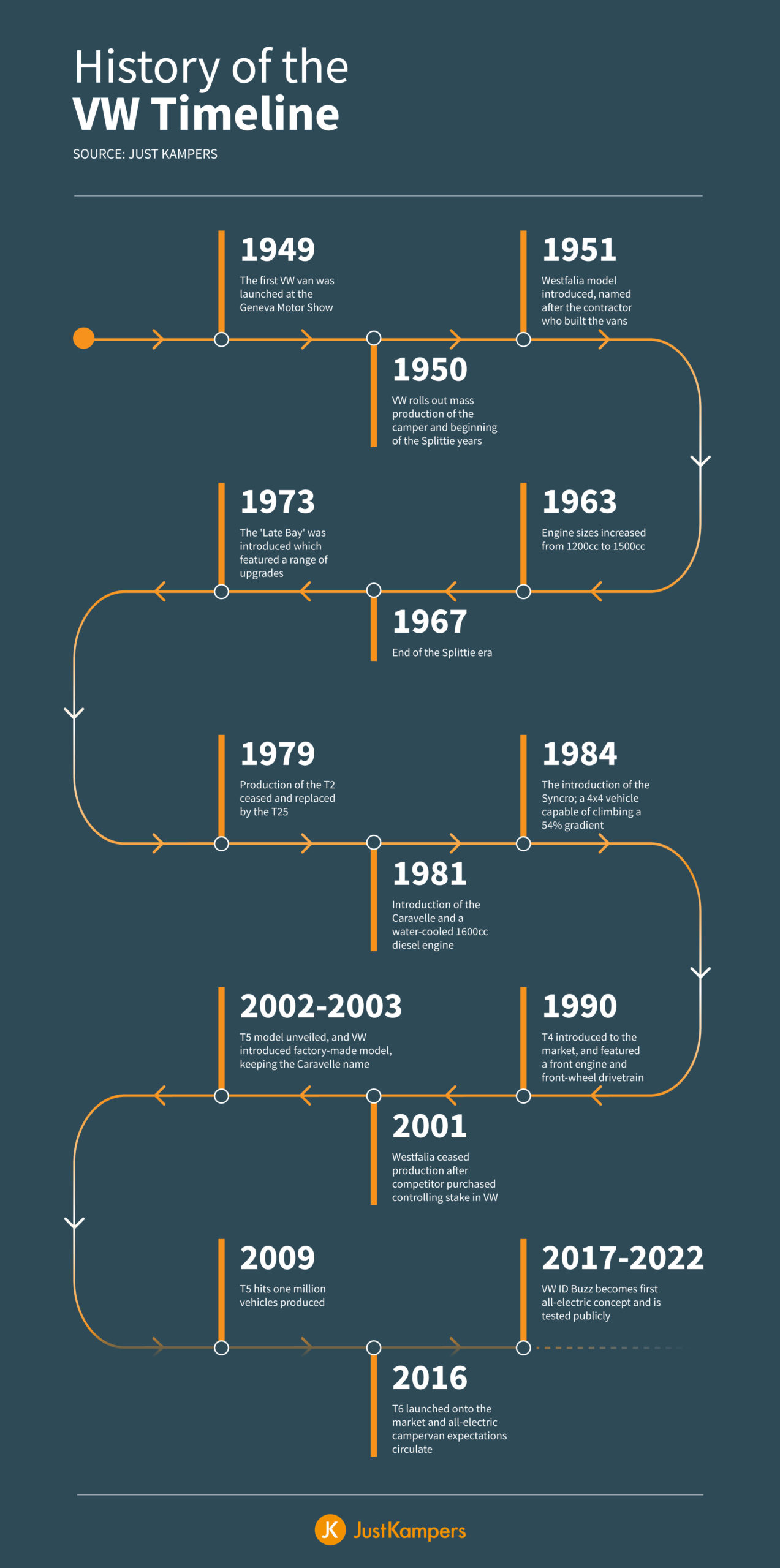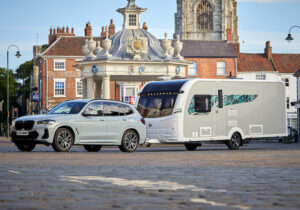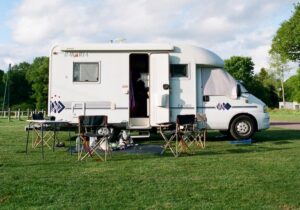The Erwin Hymer Centre Travelworld is celebrating a decade of being an official franchise of Hymer motorhomes.
To mark the occasion, it caught up with Alan and Gillian Cunnington, who were the first customers to purchase a vehicle from the dealership after it was accredited ten years ago.
Mr and Mrs Cunnington selected a luxury Hymer Exsis-i 674 to drive off the forecourt back in 2012 and have been creating memories in it ever since.
In fact, they’ve been so pleased with their purchase that they’ve opted to upgrade it over the years as opposed to trading it in for a newer model.
Mr Cunnigton said: “We had hired motorhomes in the past while in New Zealand and Canada and decided to take the leap and buy one.
“We looked at dozens at various shows before we went to Travelworld and met Ross Edwards [the managing director].
“We saw the Exsis-i and it was the exact spec we wanted and could be replated to 3500kg. The next day we bought it.”
Since then, the Cunningtons have toured all over the UK and parts of Spain in their beloved motorhome.
When they’ve looked at newer leisure vehicles, the couple have decided they don’t compare favourably to what they’ve already got.
So, when visiting a show and seeing an updated kitchen that suited their needs, they decided to have it fitted in their trusty Hymer instead of replacing the entire vehicle.
The Cunningtons have updated the motorhome’s technology features too, with 5G Wi-Fi, a reverse camera and an Oyster satellite system all fitted in the intervening years by Travelworld.
Now that travelling is opening up again in the wake of the pandemic, Mr and Mrs Cunnington are looking forward to holidays away in their motorhome, with members of the family joining in the fun in their own leisure vehicles.
Hymer credits itself as the inventor of the motorhome and has been producing such vehicles since 1957. Travelworld has the largest number of Hymer models on display in the UK.





